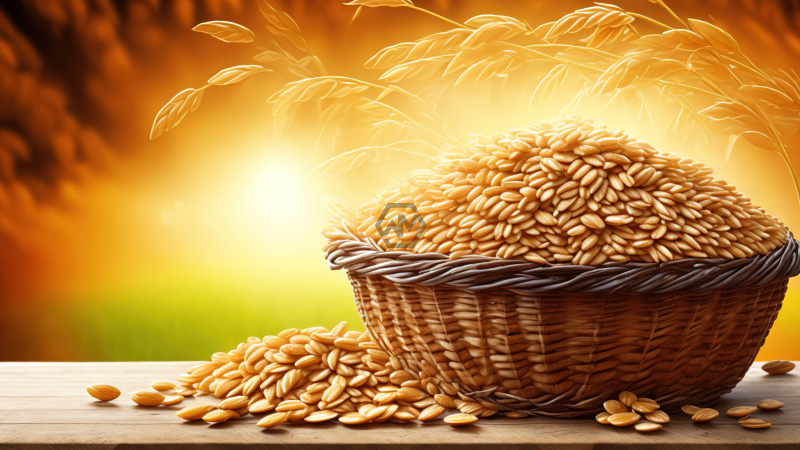The delay of the WTO appeal, according to Australia‘s foreign minister Penny Wong, was a “sign of goodwill” as Canberra worked to mend fences with its biggest trade partner, she said on Tuesday.
“We hope this will be a template for other areas of dispute,” Wong said, adding that she anticipated a similar procedure for wine tariffs if a barley settlement was reached.
Australian Barley
At the height of their trade spat in 2020, China levied tariffs on Australian barley of up to 80%. Punitive sanctions and other import restrictions aimed at stifling commerce were imposed on around A$20 billion ($13.3 billion) worth of Australian products, including coal, wine, lobsters, cotton, and wine.
After the Australian government, then under Scott Morrison, demanded an investigation into the causes of the coronavirus pandemic in Wuhan, which heightened tensions between the two countries, Beijing retaliated with tariffs.
- China levied tariffs on Australian barley of up to 80% in 2020.
- Coronavirus pandemic in Wuhan heightened tensions between the two countries.
- The impact of the Chinese tariffs on Australia’s barley producers has mostly been mitigated.
While there are hints that coal shipments between the two nations have resumed, barley was the first Australian crop to be formally placed up for review in 2020.
Before the restrictions, China purchased Australian barley worth around A$1 billion yearly, making up more than half of the nation’s barley exports (used to create Tsingtao beer).
The impact of the Chinese tariffs on Australia’s barley producers has mostly been mitigated because of the increased demand brought on by Russia’s invasion of Ukraine.
Barley farmers claimed that if China lifted the restrictions, it would force out Canadian and Argentinean barley, which during the previous three years have filled the void left by Australian malts.
It would be a “fantastic outcome,” according to Pat O’Shannassy, chief executive of industry group Grain Traders Australia if the tariffs were lifted soon for growers and traders who had spent a lot of money cultivating their ties with Chinese partners before the issue.



